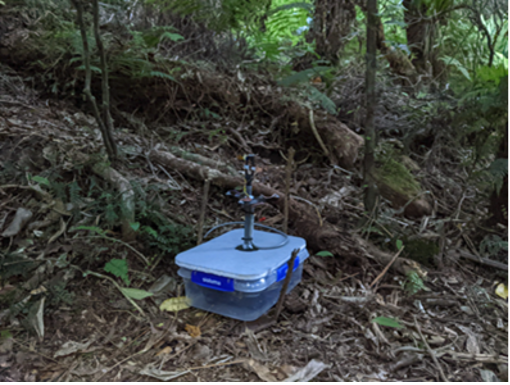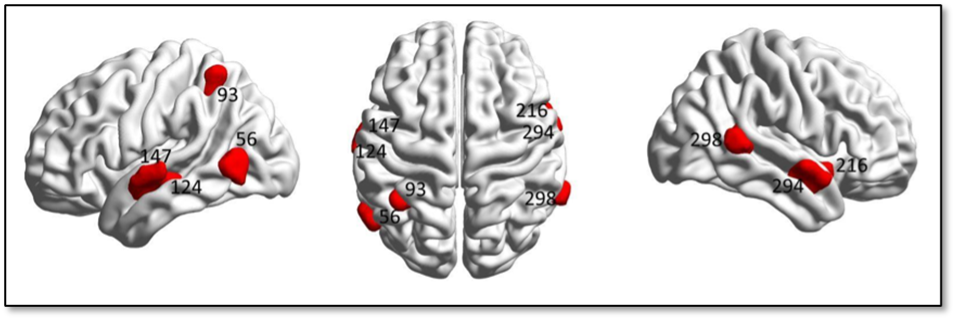Auditory processing, language, and reading impairment are neurologically entwined. There is considerable research across many domains confirming the hypothesis that disrupted timing of auditory processing is a core deficit in dyslexia.
There is substantial evidence that auditory processing deficits accompany dyslexia, and that there may be at least a partial causative relationship. It is hypothesised that the hearing deficits affect language development, and in turn reading. This brief summary of relevant research evidence is based on a book chapter by Burns (Martha) on “Auditory Processing Disorders and Literacy”.
Auditory processing, language, and reading impairment are neurologically entwined. Some researchers in literacy have begun studying the link between auditory processing disorders and reading problems in school-age children. Recent research has pointed to acoustic, memory, and language functions, including phonological components of language, as core components underlying reading disturbance.
There is considerable research supporting the hypothesis that the underlying core deficit of developmental dyslexia is a phonological processing deficit. But a major neuroscience hypothesis posits an auditory processing deficit at the core of the phonological processing impairment. This hypothesis contends that developmental dyslexia may be caused by a deficit in specific brain circuitry that processes rapidly changing auditory information. This ‘auditory temporal processing deficit hypothesis’ asserts that acquisition of oral language skills can be impaired by an inability to process rapid spectro-temporal characteristics of phonemes.
Many independent neuroscientific studies have corroborated the evidence that rapid auditory processing deficits are a component of reading disturbance. Electrophysiologic studies of children with language and reading problems revealed deficiencies in neural synchrony (timing deficits) in sub-cortical as well as cortical regions that process speech sounds that in turn were related to speech sound perception and measures of learning.
Tallal and colleagues hypothesise that disrupted timing of auditory processing, particularly in the range relevant to phonemes, is a primary deficit underlying dyslexia. Research by Goswami and colleagues has shown that impaired auditory sampling of slow acoustic events in speech may also be a causative effect in dyslexia.
Children with reading impairments also show deficits in speech in noise perception which, along with temporal discrimination problems, are predictive of reading deficit and language delay.
In summary, research across many domains is confirming the hypothesis that auditory processing factors including disrupted timing of auditory processing, particularly in the range relevant to phonemes, are a core deficit in dyslexia. Although the degree to which these disturbances are causative is still debated, the genetic, longitudinal, and electrophysiological studies are beginning to point at least to a partial causative relationship.
Specifically, it appears that rapid auditory processing, at cortical and subcortical levels, represents a core component of phonological awareness. Rapid auditory processing deficits are correlated with problems in phonological decoding of words. The emerging neurophysiological longitudinal evidence points to temporal auditory processing disorders as at least one salient causative factor in some children who continue on to develop language problems and, because of the relationship between language and reading, reading problems as well.
[Comment: There is also evidence that treating auditory processing deficits in children with dyslexia improves phonological awareness and supports treatment of the dyslexia.]
Burns, M, Auditory Processing Disorders and Literacy, Chapter 13, in Auditory Processing Disorders: Assessment, Management and Treatment, 2nd Edition, ed Geffner D and Ross-Swain D, Plural Publishing (2012), 301-317
0 Likes2,625 Views


